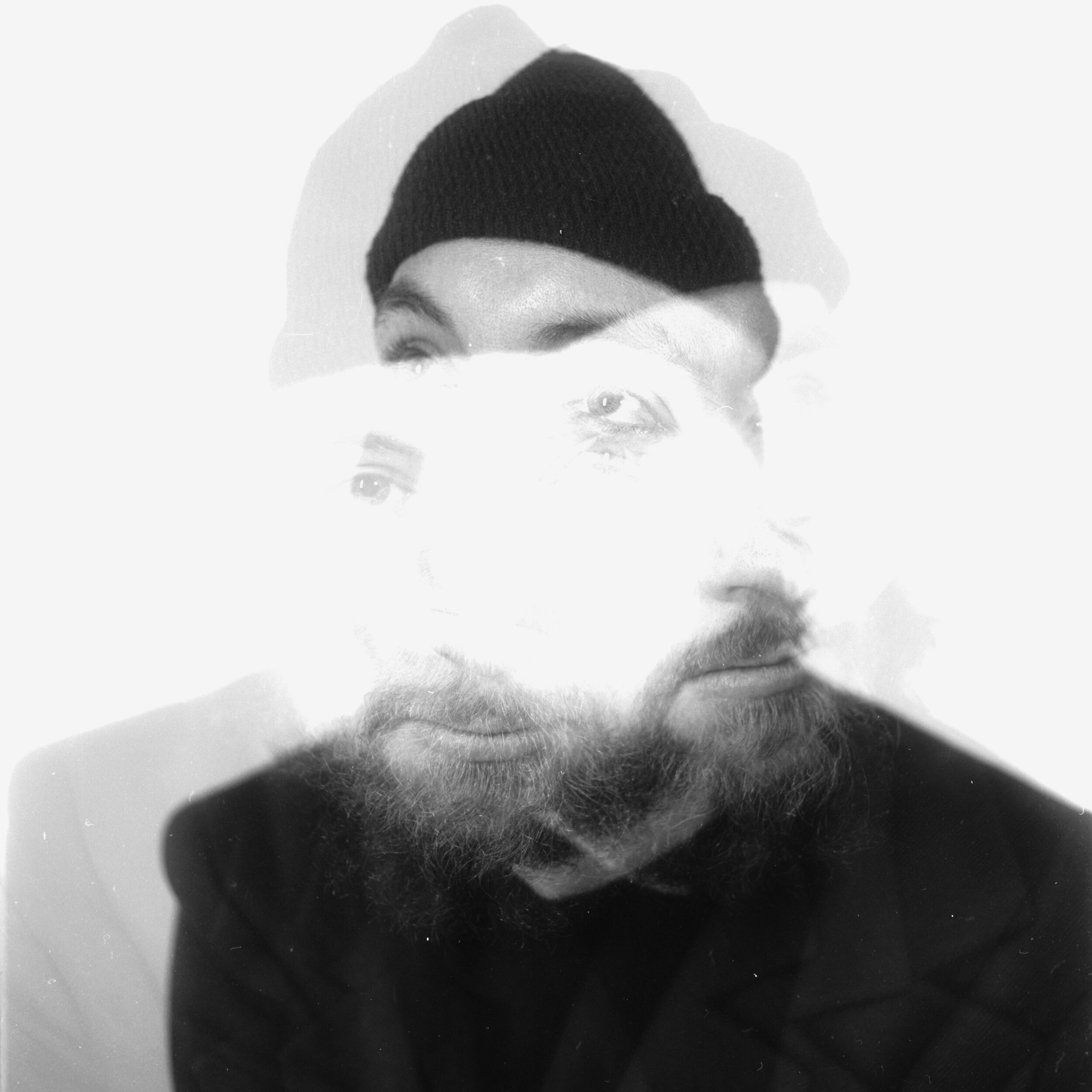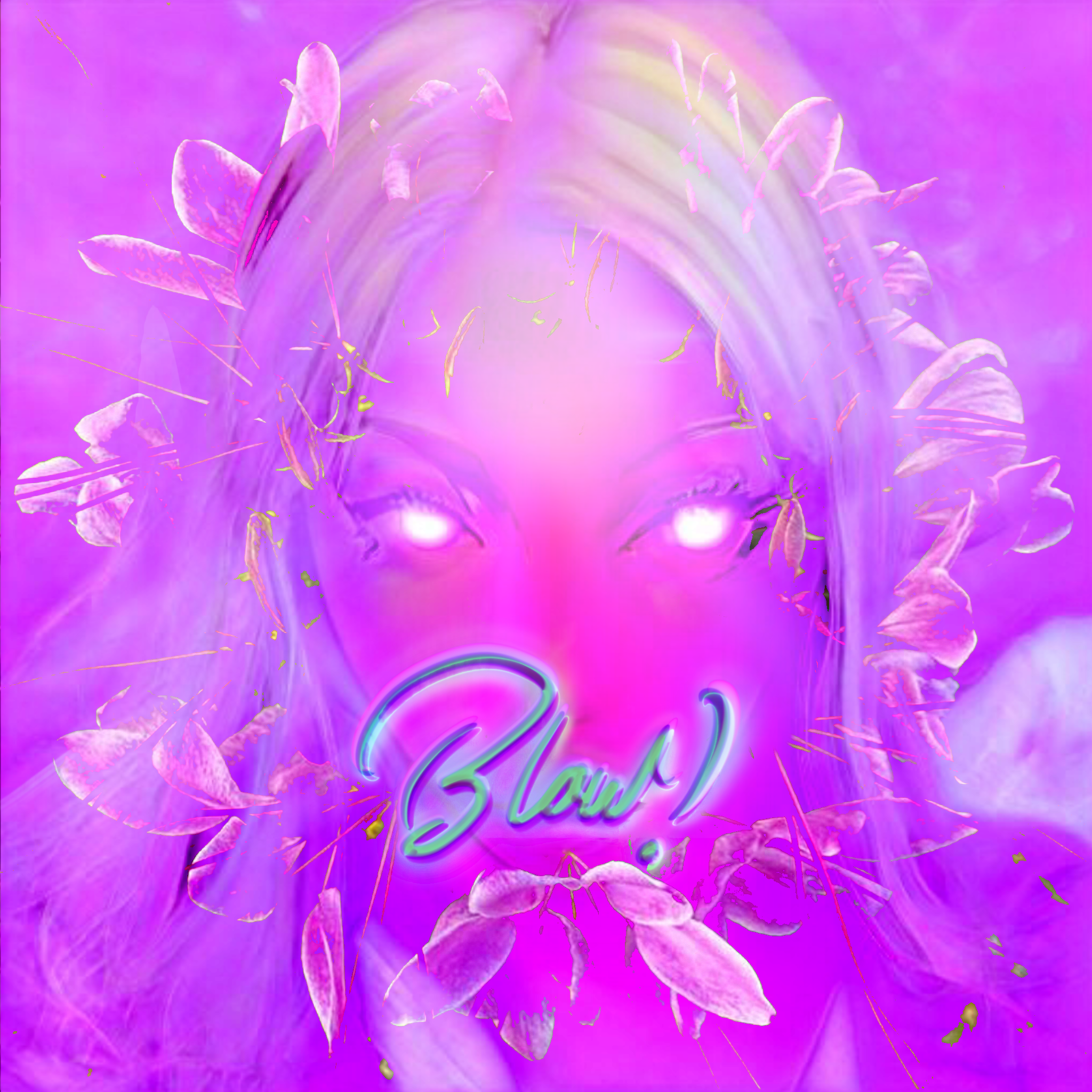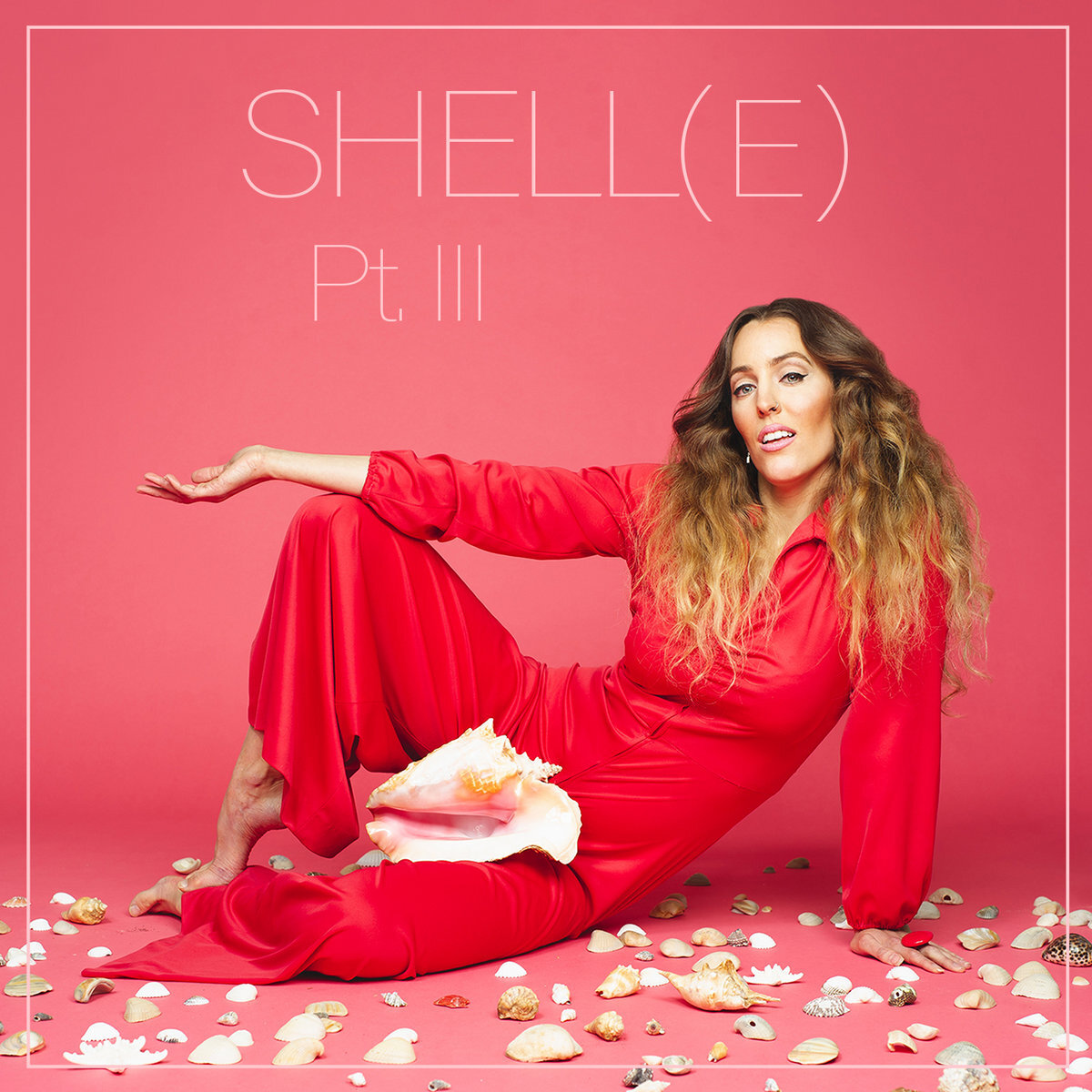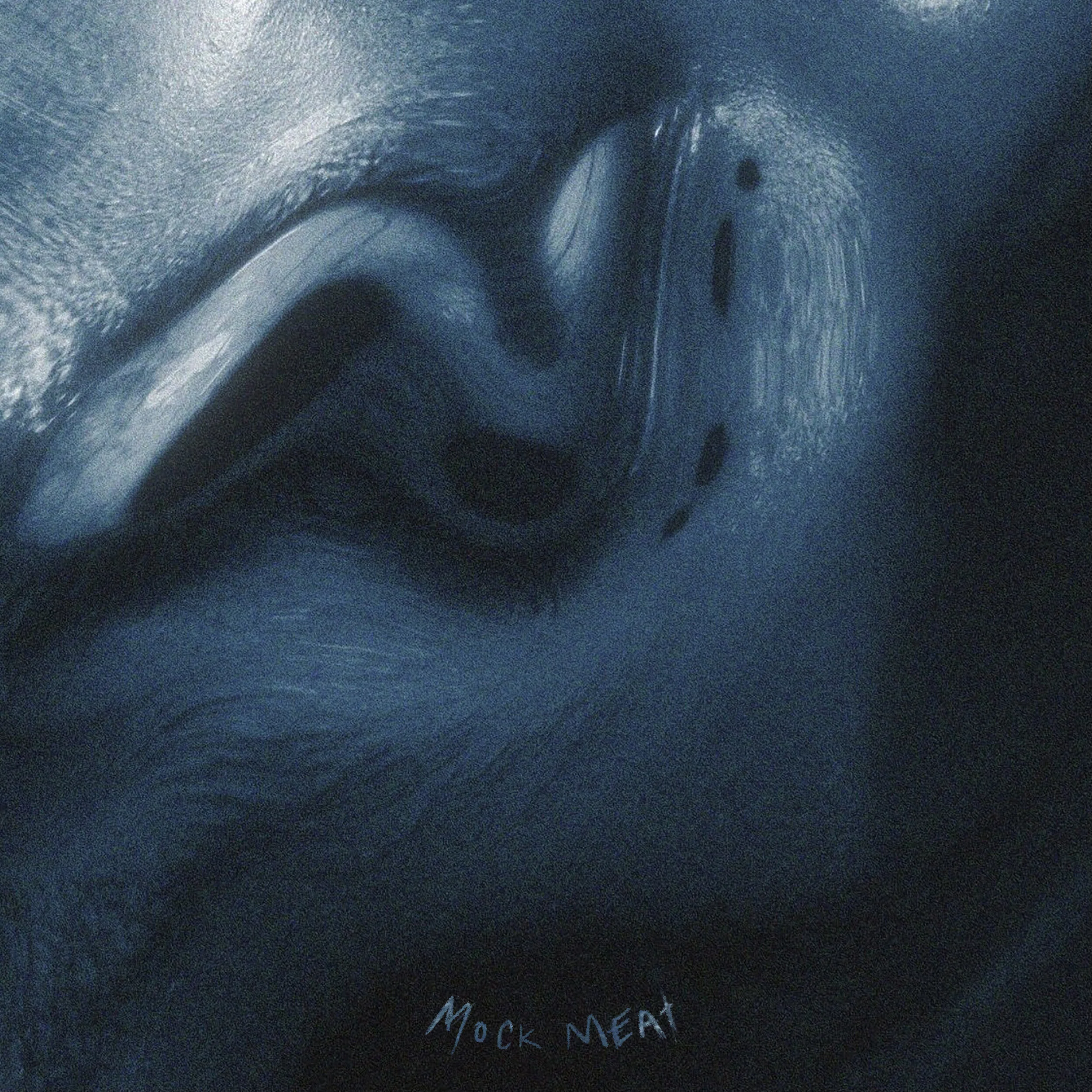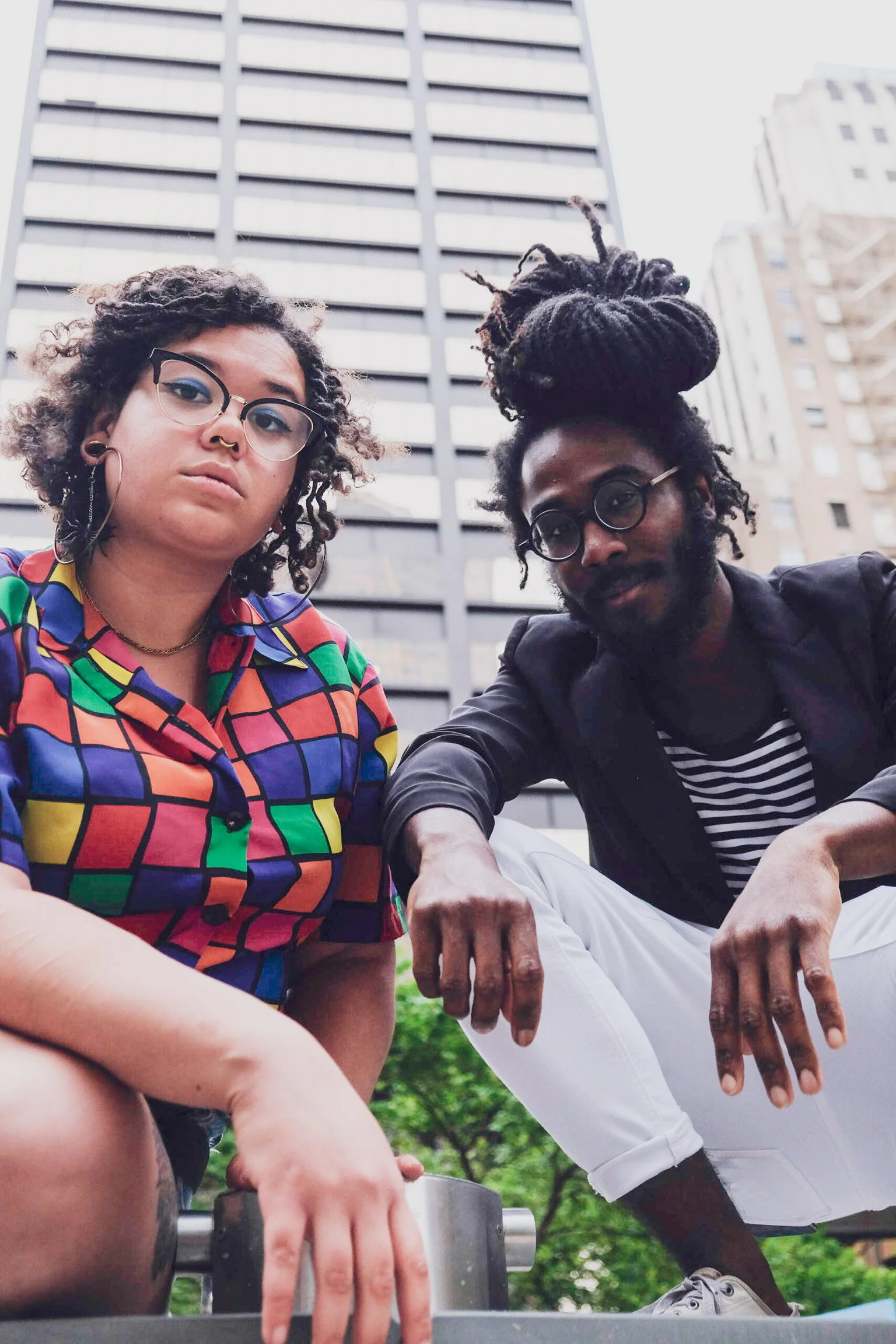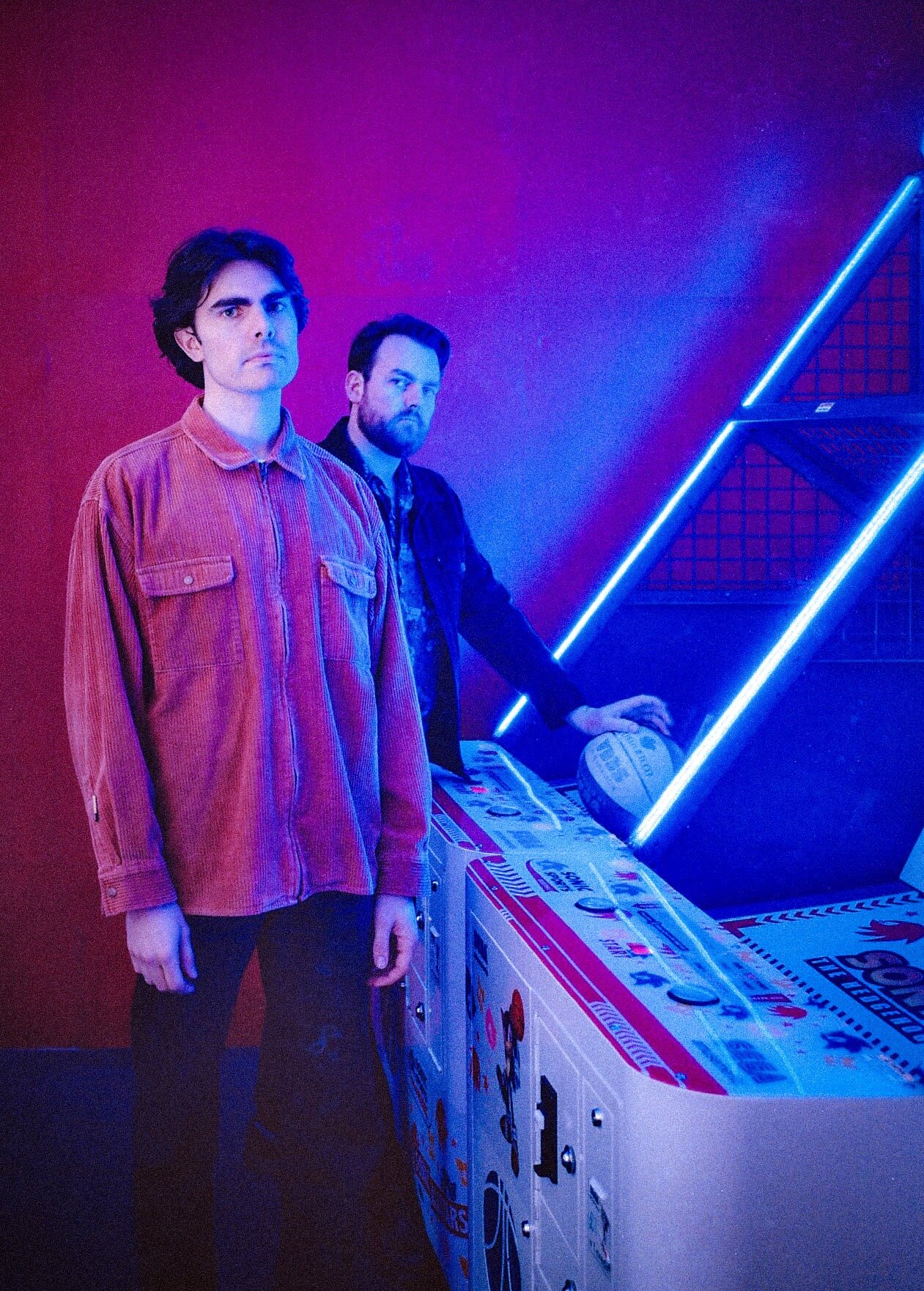AC: What has it been like to create your own spaces over the years?
E: There's definitely been a shift in people's level of openness. It was very hard initially, and although it may be buzzwordy, a lot of it stemmed from intersectionality.
I came from a place of wanting to express myself artistically. However, I feared that I would be met with antagonism in the broader Black cishet-leaning community and the more mainstream gay community. On the other hand, I felt like the pseudo-radical leftist progressive Plateau-Mile End community was an oasis of open-mindedness and hope. Little did I know, I was not prepared for the rude awakening I got when entering certain spaces. I realized that there was an intrinsic whiteness attached to it, which I guess wasn't ready for me to participate.
That's not to say that the experience was entirely negative because clearly, that's where my roots are. I was grateful to come across many people who wanted to help me and collaborate with me.
As far as how different it feels today, I would say that I have to celebrate myself and the work of other people who were active in their respective scenes. For example, those who spearheaded the Black Lives Matter movement pushed for conversations that benefited people who lived at the intersection of multiple oppressions to be heard and included.
It's definitely created a socio-cultural landscape that benefited me and benefited people who are coming up on the scene and want to be heard and want a platform. Obviously, all the work isn't done, but it feels, from my perspective — coming from ten years ago — like a better place now.
AC: I agree. Although we've clearly come such a long way, it's still essential to acknowledge the different privileges we hold. Even though we may be oppressed in some ways, we have to hold ourselves accountable in others, especially when it comes to whiteness. The work is ongoing.
When you're someone who's constantly paving the way and making your own spaces, it's hard to rest, especially when it might feel like, "If you don't do it, then who will?” So I'm wondering how you've learned to rest and ask for and accept help from others.
E: It can be hard; coming from a place of not being used to external help and showing vulnerability. I grew up understanding that I would be left to my own devices. I don't come from a family of open-minded bougie bohemian types. I grew up understanding that the world is incredibly and outwardly antagonizing towards me. It was not okay to be myself or confide in people, be vulnerable to people, and ask for help.
So it's kind of inevitable that I'll resort to certain defence mechanisms when it comes to allowing myself to rest, breathe, and take care of myself. These are things that I've been working on, thanks to very good friends of mine, therapy, and my sons and daughters. So, I allow myself to do those things a bit more now.
It's not a question that you can answer easily. On the one end, there is a feeling that very few people can do the work that I started doing. But on the other end, at this point, being myself and being public is an act of activism. It encourages people to live their own Black queer truth, perhaps. I see a will in my daughters to be out in the world and do things, and I feel much more confident that I'm not the only person to undertake what I've done. So now, if a ball should be thrown, or someone should be looked after, I can look to my sisters and daughters and ask them to take it on.
AC: It is hard to say no to things, especially after you haven't been included for so long.
E: It is. Coming from a scarcity mindset, feeling like you're not going to have enough food tomorrow. I say that both literally and figuratively. Coming from a place of insecurity can push you to say yes to everything.
It's what I went through coming back from a year in Paris and feeling tremendously dejected right at the tail end of 2014. I spent most of 2015 pretty depressed and with no sense of trajectory as to where my life was going.
Then I decided to transition, and it just clicked. I tried it out, knowing that the things that I needed to purchase in the context of that transition were so expensive. I hustled six days a week for years on end without ever taking vacation time. I'm proud of how I went about it, but I also realize that it's not a healthy place to be in for an extended period of time.
Even if it's achieving a certain level of recognition, I saw other people who weren't more this or that than me. But, still, the attention they got was indicative of a zeitgeist that rewards normativity that I did not have.
Looking back, I'm not bitter at all. On the contrary, I'm proud of the new music I have coming out and this special. Still, it's clear that if I had had a more conventional and coded presentation, my story would've been very different.
AC: For sure, and at least from my perspective, it seems that many people respect and appreciate you for the path you took and appreciate you for being yourself.
E: I am proud. I'm proud of my daughters and my community and how we are growing collectively and individually.
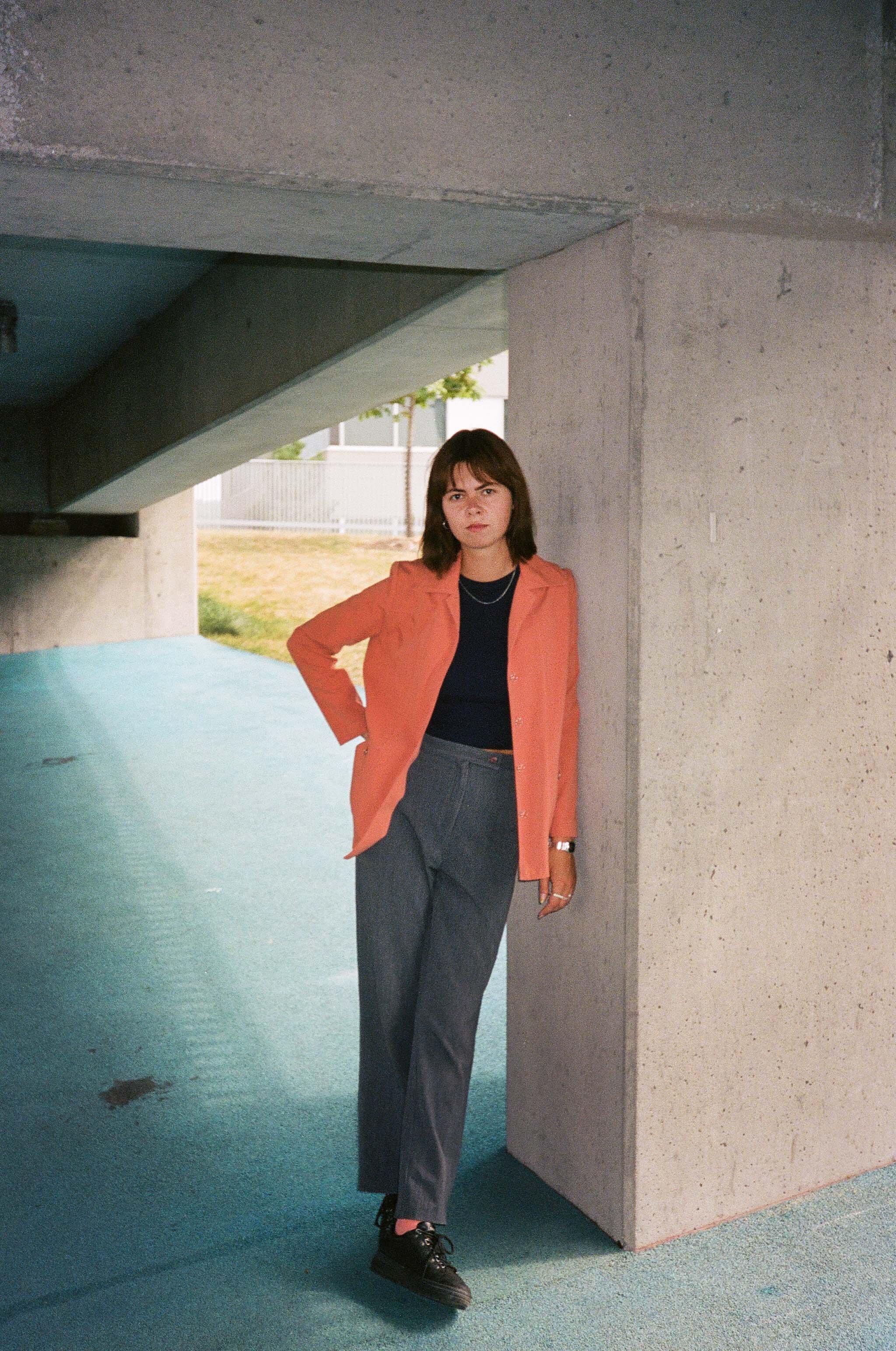
























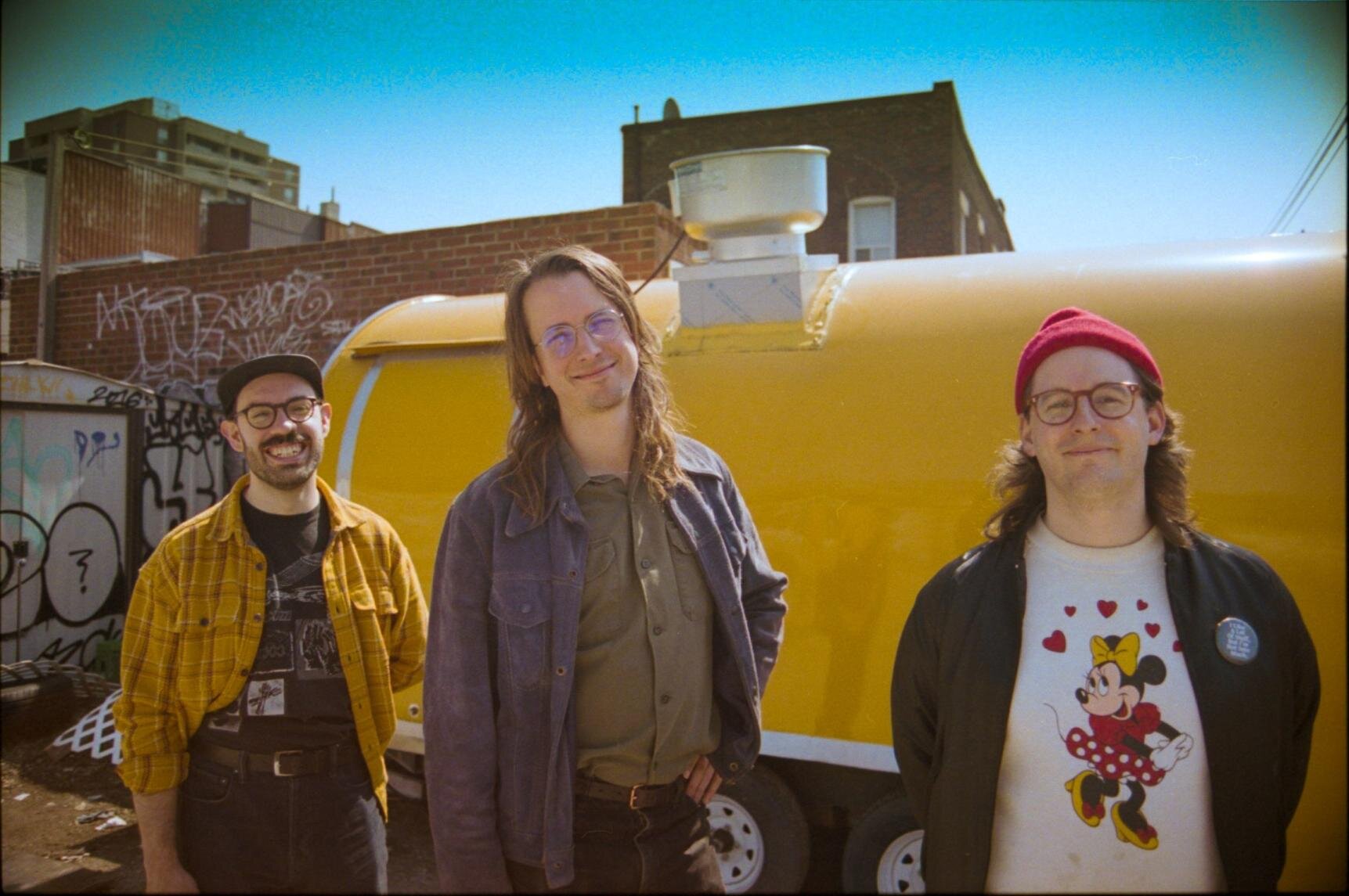





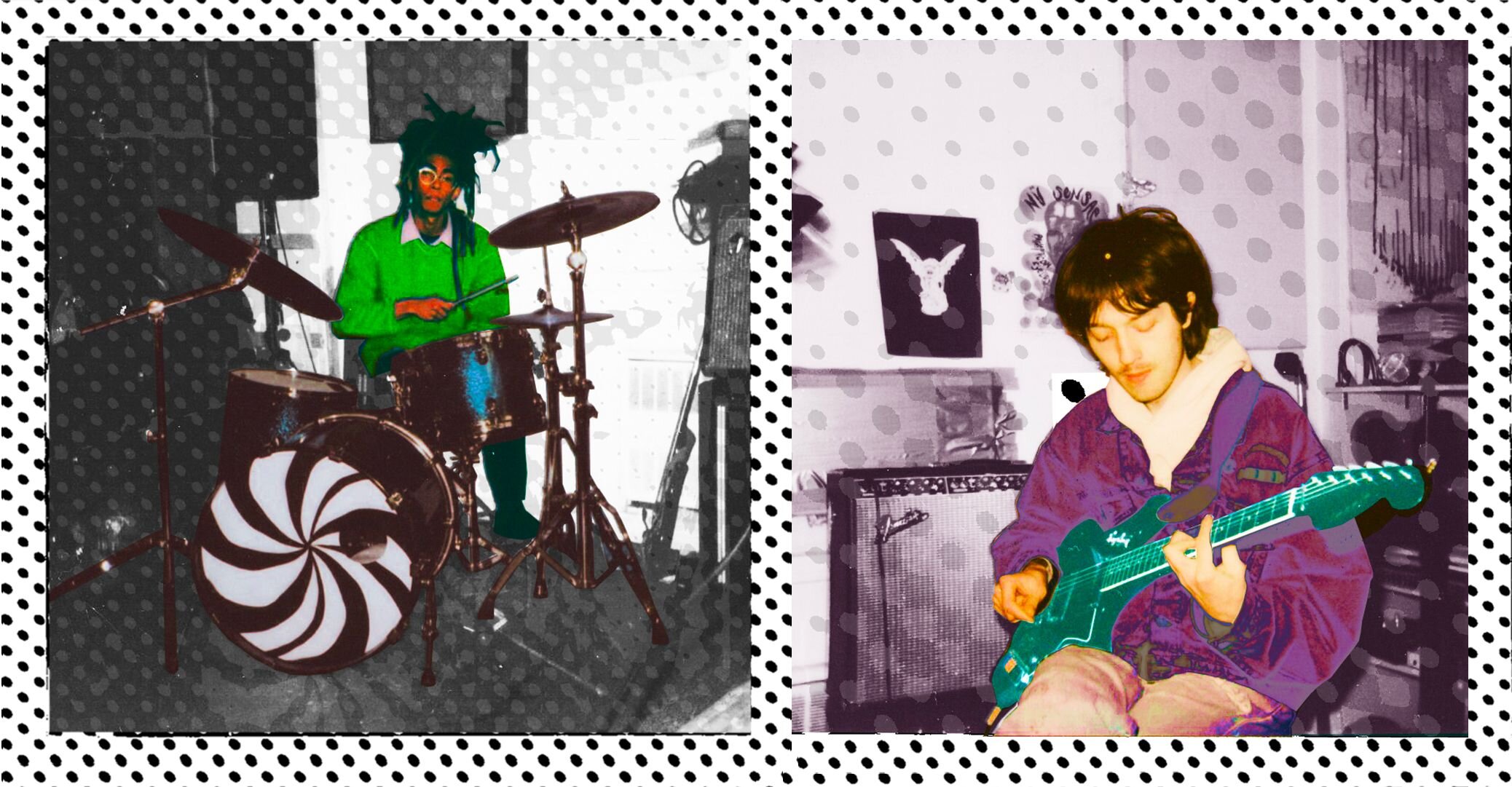












![Still from CHINESE AMERICAN BEAR - 好吗 (Hao Ma) [Official Music Video]](https://images.squarespace-cdn.com/content/v1/5da4c68a227a253ac912f3a7/1622174711447-JA7UM0CWABBD4NOCS7AV/Screen+Shot+2021-05-28+at+12.05.06+AM.png)
![Still from CHINESE AMERICAN BEAR - 好吗 (Hao Ma) [Official Music Video]](https://images.squarespace-cdn.com/content/v1/5da4c68a227a253ac912f3a7/1622174896425-216R0UJG7NA2D1CV5VV3/Screen+Shot+2021-05-28+at+12.07.21+AM.png)
